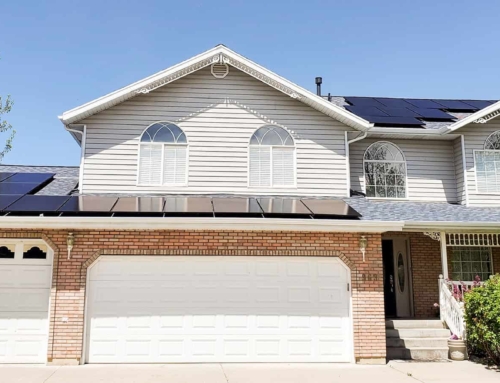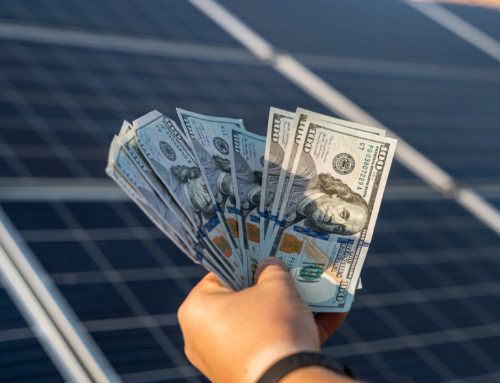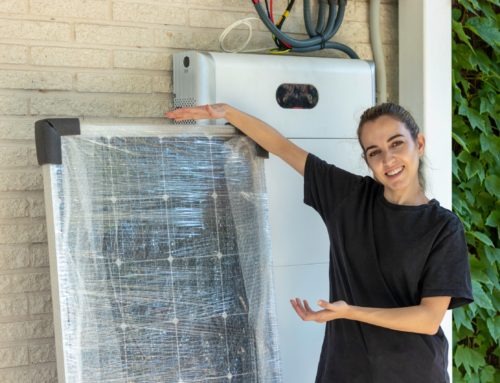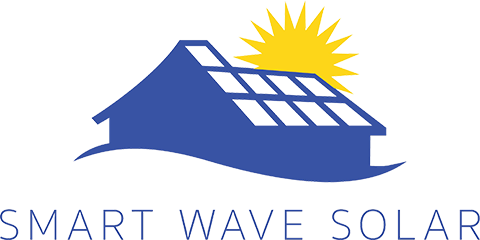Homeowners across the country are setting their sights on more sustainable energy options. In recent years, more people have switched to solar energy to make their homes more environmentally friendly while reducing their utility bills. If you’re considering switching to solar, understanding its pros and cons, as well as its average lifespan and durability, can help you make the most of your investment.
This guide discusses solar panel durability and the factors affecting solar panel lifespan, so you can determine if this option is right for you.
What’s the Average Lifespan of Solar Installations?
Our solar panels are guaranteed for 25 years but are expected to last much longer. However, after that point, solar panels can continue to generate electricity, but less efficiently than when they were new. The average time for a solar panel investment to pay for itself is six to eight years after the installation, leaving you with plenty more years of utility savings and clean energy.
Rigorous industry production standards, certifications, and testing requirements increase solar panel durability and longevity. You can expect solar panels to work for decades, given that they withstand extreme weather conditions. So, how durable are solar panels against inclement weather? Let’s take a closer look.
Solar Panel Durability Against Weather Conditions
Because solar panels don’t have many moving parts, they rarely break on their own. Manufacturers design them to hold up against inclement weather, including the following:
- Rainstorms: Storms can occur in most places in the United States, including Utah. Rain doesn’t affect solar installations, as solar panels are waterproof. Rainwater may even contribute to the efficiency of your system by washing off any buildup of dirt, pollen, and debris on your solar panels.
- Snow: Snowfall won’t damage solar panels because manufacturers use quality materials that can withstand weight up to 75 pounds per square foot. While snow is not a threat to solar panel durability, it can block sunlight, causing the system to generate less electricity. For this reason, panels are typically installed on angled roofs to maximize sun exposure and make it easier for rain or snow to slide off.
- Hail: Extensive improvements in quality testing have made solar panels more resilient. A hailstorm in Denver in 2017 illustrates solar panel durability against this weather phenomenon. The storm lasted about thirty minutes, with falling hailstones more than two inches in diameter. Only one panel got damaged among the over 3,000 panels in the National Renewable Energy Laboratory (NREL) headquarters.
- Hurricanes: Manufacturers design modern solar panels to withstand high winds, typically up to 140 mph. Different states have their standards in place for solar installation. For example, hurricane-prone areas like Florida typically require solar installations to withstand winds of 160 mph.
Factors That Affect Solar Panel Durability
Solar panels are durable, but various factors can still influence their lifespan. Among these factors are the following:
- Installation: If improperly installed or wired, solar panels can be more prone to damage and degrade faster. Working with an experienced company like Smart Wave Solar, you can feel confident about the quality of your solar installation.
- Upkeep: Solar panels are low-maintenance, but regular care can help extend their lifespan. Regularly clean your solar panels to avoid debris accumulation that can block access to sunlight and cause scratches. Your trusted solar company can also perform regular maintenance checks to ensure its optimal state.
- Location: Install your solar panels where they’re not susceptible to falling trees and rocks. If you plan to install them on the roof, ensure that your roof is in good shape and can withstand the weight of solar panels.
Make the Switch to Solar Today
Switching to solar is a significant financial investment, and it’s only natural to wonder about solar panel durability when considering this renewable energy. Fortunately, you’ll enjoy decades of use of solar systems alongside energy savings and environmental benefits. Get in touch with Smart Wave Solar today to learn more or estimate your cost savings!




![Are Solar Panel Micro Inverters Right for My Home? [Your Quick Guide]](https://www.smartwavesolar.com/wp-content/uploads/2022/09/Micro-Inverter-Solar-Panels-500x383.jpg)
